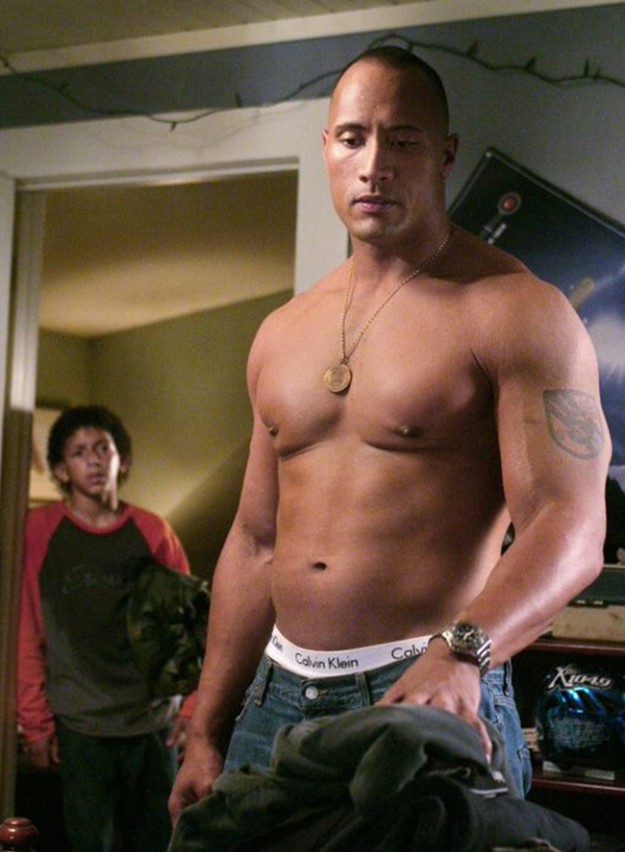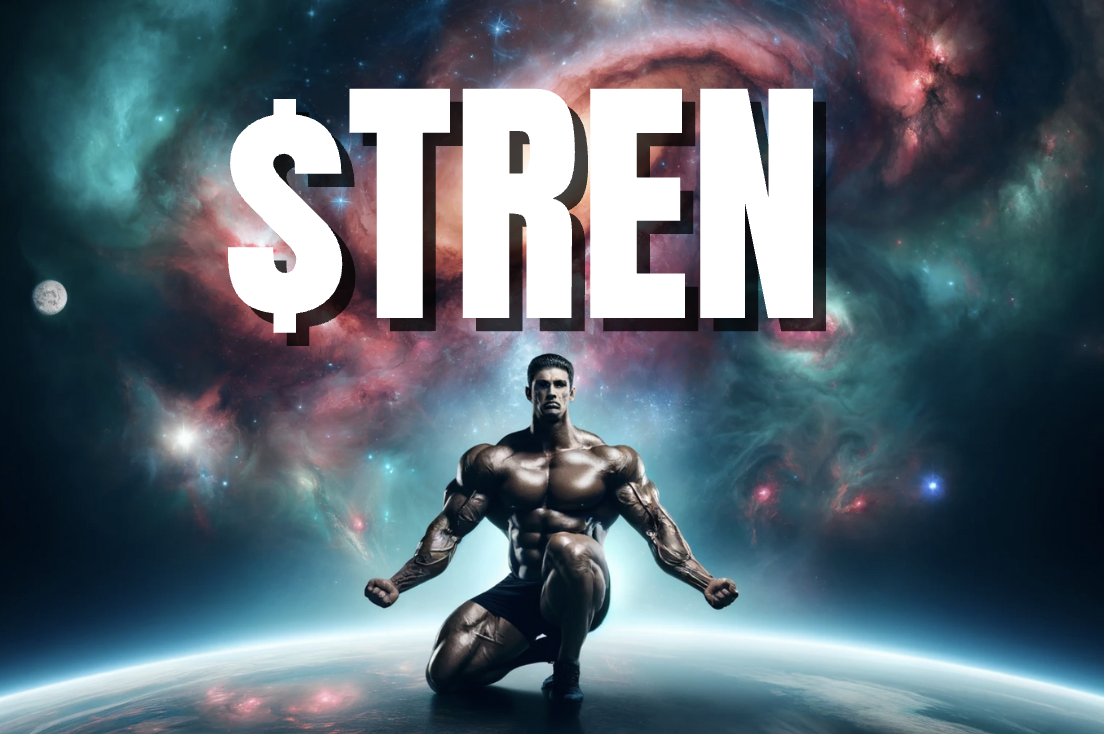Over the last year, we’ve done our very best at Herculean Strength to warn you about the dangers of estrogenic foods like soy milk and estrogenic chemicals like xenoestrogens, which are found almost everywhere in modern industrial societies.
Many of the articles we’ve written on these subjects are contained within three of our amazing FREE ebooks: Testosterone, Testosterone II and Aggressive Incel Monkeys, all of which can be downloaded from our Gumroad store. (Did we mention that they’re all FREE? What are you waiting for!?)
In one of our most shocking and popular articles – even Joe Rogan was talking about it – we showed how long-term soy consumption makes monkeys into aggressive loners. As we wrote:
A study in the journal Hormones and Behaviour from 2004 claims that long-term soy consumption can make monkeys more aggressive and isolated from their fellow primates.
The authors note the important role of aromatization of male hormones on aggressive behaviour and the mediating role of estrogen in this process.
‘Estrogen produced by aromatization of gonadal androgen has an important facilitative role in male-typical aggressive behavior that is mediated through its interaction with estrogen receptors (ER) in the brain. Isoflavones found in soybeans and soy-based dietary supplements bind ER and have dose- and tissue-dependent effects on estrogen-mediated responses.’
We continue:
Their study took place over a period of 15 months, and involved feeding different diets to groups of adult male macaques living in nine stable social groups. The diets differed only in terms of the protein source the monkeys received: casein and lactalbumin (no isoflavones), soy protein isolate containing 0.94 mg isoflavones/g protein, and soy protein isolate containing 1.88 mg isoflavones/g protein.
The results of the experiment were striking.
‘In the monkeys fed the higher amount of isoflavones, frequencies of intense aggressive (67% higher) and submissive (203% higher) behavior were elevated relative to monkeys fed the control diet (P‘s < 0.05). In addition, the proportion of time spent by these monkeys in physical contact with other monkeys was reduced by 68%, time spent in proximity to other monkeys was reduced 50%, and time spent alone was increased 30% (P‘s < 0.02).’
In that study, soy isoflavones, which are phytoestrogens (plant chemicals that mimic the effects of estrogen), were clearly responsible for the shocking changes in behaviour the researchers observed.
In a similar way, soy isoflavones in soy milk are likely to be responsible for the shocking changes observed in another study.
Soy Milk Study

The soy milk study is a case study of a 60-year-old man who presented to doctors at an endocrinology clinic. He had been suffering from gynecomastia (development of breast tissue) for six months, as well as erectile dysfunction and decreased libido.
An initial laboratory assessment showed that he had an estrone and estradiol (female sex hormones) concentration that was four times higher than the upper limit of the reference range.
After a series of scans of the man’s testicles, chest, abdomen and pelvis revealed these areas to be normal, a subsequent interview with the man revealed that he was consuming three quarts (over three litres) of soy milk a day.
Once the man stopped drinking the soy milk, the gynecomastia resolved itself and the levels of female sex hormones returned to normal.
This is a cautionary tale about the dangers of consuming estrogenic foods like soy, tofu and beer (hops are one of the most estrogenic substances known to man). The phytoestrogens in the soy milk the man was drinking were clearly affecting his hormonal balance, resulting in the formation of breast tissue.
Gynecomastia is commonly suffered by men with hypogonadism (low testosterone), which has a wide variety of causes, and by men who use steroids, as the artificially increased levels of androgens (male hormones) in their bodies are converted to female hormones by the process known as aromatisation.
Although hormonal therapy and lifestyle changes can improve gynecomastia, in very bad cases surgery may be the only option. Dwayne ‘the Rock’ Johnson is one high-profile personality who had to resort to surgery to resolve his gynecomastia.
As soy milk consumption increases among men, expect gynecomastia cases to increase.

Don’t hesitate to email us at [email protected] for personalized coaching and a client questionnaire if you’d like DEDICATED tailor-made personal training on strength training, building muscle, losing fat, developing athleticism, and more — all to your liking, lifestyle, habits, and taste!
Otherwise, don’t forget to claim your FREE eBook detailing how to lose 20lb of fat while building muscle in 12 weeks! You can claim it here.
Alternatively, you can pick up a FREE eBook on fundamental strength principles offering an introductory workout program.












